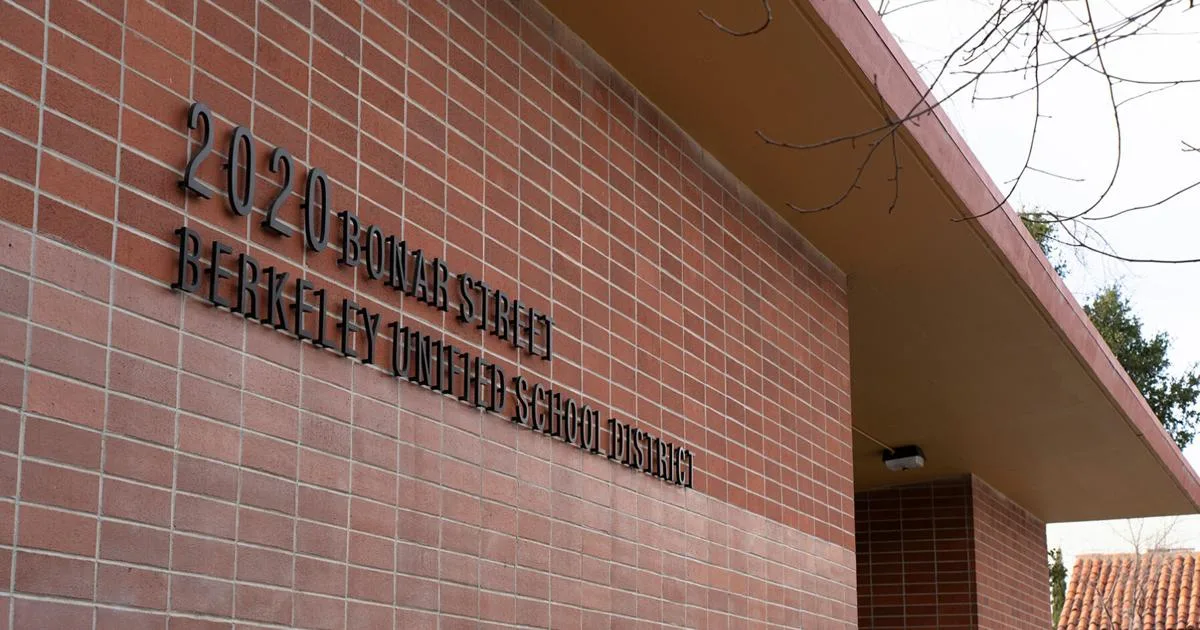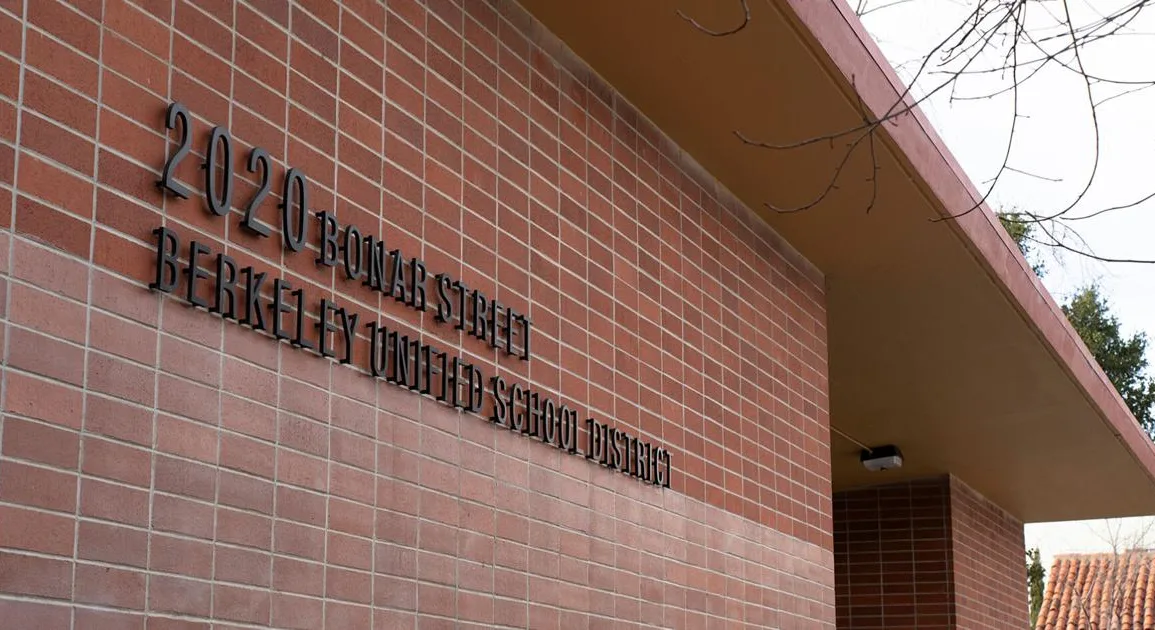
The Reparations Task Force of Berkeley Unified School District, or BUSD, found overwhelming support for reparations in their community engagement survey last week.
The survey was conducted as part of the Task Force’s process to make recommendations to the board on how to implement and fund a reparations program.
According to the results presented at last week’s community engagement meeting, the Task Force found support for numerous types of reparations including financial payments to students for educational purposes and adopting additional curricula focused on chattel slavery in the U.S.
“It was not about gauging the opinion of the general public through random sampling but about deepening our understanding of the specific preferences and ideas of our community members regarding reparations,” said Erika Weissinger, Task Force member and assistant professor at the Goldman School of Public Policy, in an email.
Co-chair of the Task Force, John “Chip” Moore added that the survey was designed to hear from community members to get an understanding of what they knew about reparations and who wanted to get involved, which he described as “imperative.”
Moore noted positive overrepresentation of Black respondents and a surprising amount of engagement with the survey.
“They were aware of what reparations are, they were aware of why we need them and overwhelmingly supported the idea of reparations,” Moore said. “This community is engaged with this idea.”
Eighty-five percent of overall respondents, who could select more than one option, said the Task Force should recommend financial payments for educational purposes. Fifty percent responded in support of financial payments for housing purposes and 44% for career purposes.
The survey questions gauged people’s preferences for the type of reparations, familiarity with the concept of reparations and which harms survey respondents have experienced at BUSD.
“I’d love to see the City of Berkeley getting more involved as well. I’d love to see a more regional approach because there’s been so much displacement,” said Luis Rodriguez, a BUSD parent and guest assistant professor at UC Law SF. “Longstanding Black families have been displaced to Oakland, East Bay and beyond.”
Respondents also had the option to provide qualitative responses in the form of an “other” category and had the ability to provide other ideas of how BUSD could respond to the ongoing harms of the legacy of chattel slavery, as according to the presentation.
The Task Force has been meeting since April 2023 and conducted the community survey throughout December and January. Leading up to its final recommendations in June, the Task Force is planning to host a student engagement opportunity at Berkeley High School and continue considering the results of the survey, Moore said.
“The focus on reparations is a clear acknowledgment that there are specific harms and injustices that need to be addressed with targeted solutions, which is a vital component of achieving racial justice and equity,” Weissinger wrote.


